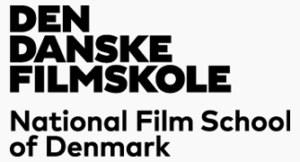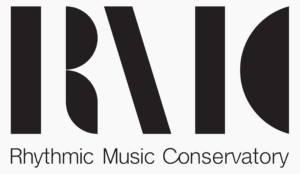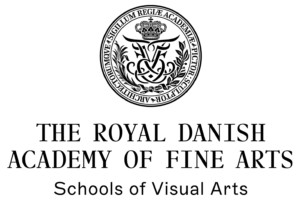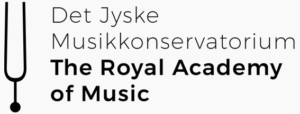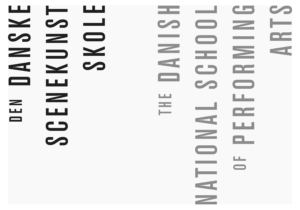Public defense of ph.d.-thesis
Christian Danielewitz
Hidden Flow: Artistic Research on the Frontlines of Extraction
| Time: | Friday the 8.th of April 2022 1pmDoors will be closed precisely at 1pm. |
| Place: | Kunstakademiet – Auditoriet Hirschsprung Peder Skramsgade 2, Opg. A, 3. salVIA ELEVATOR PRESS 3B |
| Assessment committee: | Professor Holger Schulze (Chair)Copenhagen University |
| Professor Eleanor Carpenter,Umeå University | |
| Associate professor Jacob Lund,Aarhus University | |
| Head of defense: | Professor Isak Winkel Holm,Copenhagen University |
| Copy of the thesis will be available at the Royal Library’s faculty library and the Black Diamond |
Summary
This dissertation discusses two different art projects and the theory, methodology, and fieldwork that have shaped and informed them. Both projects revolve around the socioenvironmental damage caused by the extraction of some of the minerals which are most essential to contemporary society: rare earth elements (used in electronics) and phosphate (primarily used in agricultural fertilizers). The mining of these minerals is a notoriously toxic enterprise. Thus, the extraction predominantly takes place in locations populated by marginalized groups and ethnic minorities – far from the affluent Global North. Taking both material witness (such as irradiated photographic negatives) and environmental discourses/activism as strategies, the dissertation discusses how fieldwork-based artistic research can materialize and articulate elusive and pervasive forms of toxic pollution in key mining zones. The primary sites in question are the radioactive mineral waste deposit Weikuang Dam in Inner Mongolia, China, and the contaminated village Gad Gomene in western Senegal. The dissertation’s main proposition is that the primacy of fieldwork as an artistic research methodology is the shift in perspective from an external and somewhat detached vantage point to an internal position that engenders a much more intimate knowledge and connection with ecologies, agencies, and people. Fieldwork is thus driven by a hands-on investigation of the hidden flow (i.e. toxic drifts) from within the damaged environments of extraction and waste. However, the dissertation also makes the case that fieldwork is to a large degree informed and shaped by local knowledge and observations. Thus, undertaking fieldwork means to share agency with those who live in the toxic environments, and to include in our deliberations and institutions the voices of people whose perspectives are too often excluded. Moreover, the dissertation discusses how my fieldwork is engaged with various philosophical and theoretical ideas in a continuous dialogue, which produces both operative and discursive terms with which to think through the entanglement of materialities: the mineral-machine feedback loop and the map-territory assemblage are two key terms developed during this PhD research project, which are applied in both my fieldwork and my exhibition-making.
